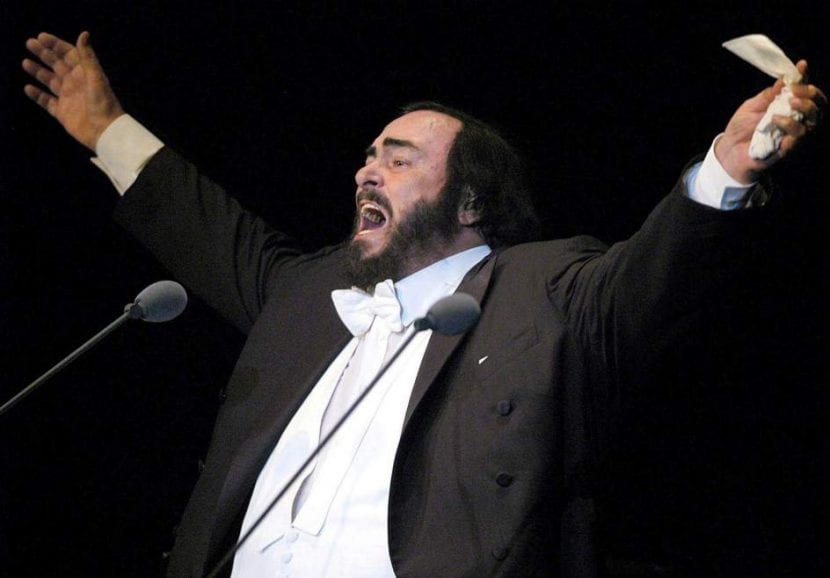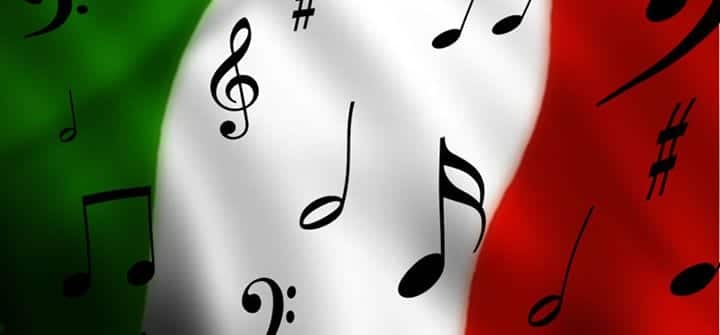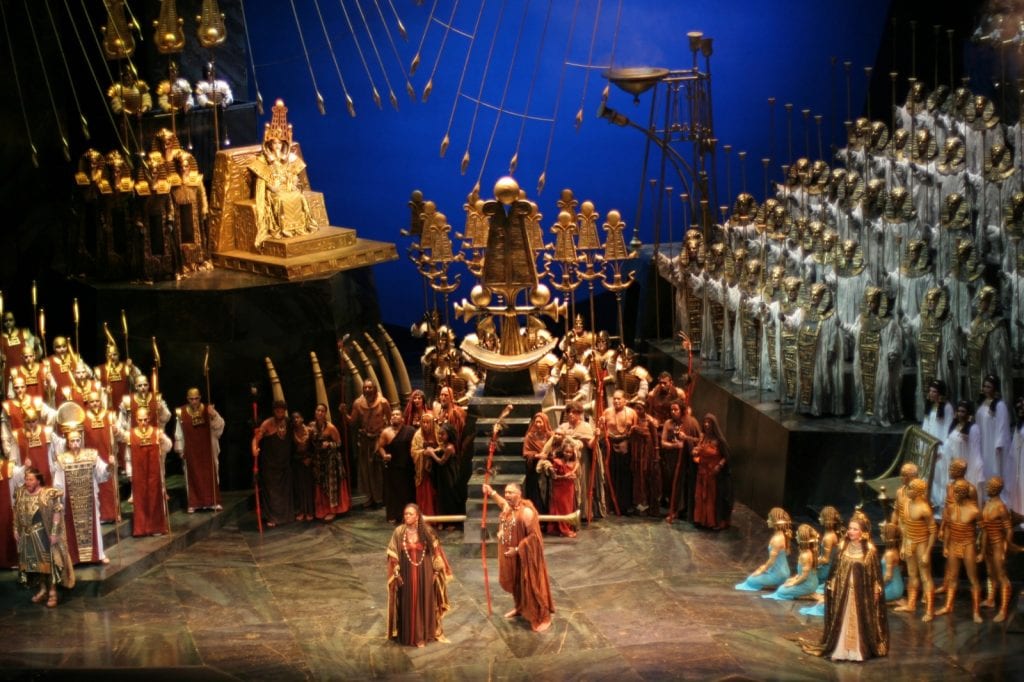
El contribution to the culture and universal history of the arts of Italian musicIt began even long before this nation was founded.
But Italian music goes much further. Some historians define it as an eclectic art. With the expansion of the Roman borders, it was feeding on the rhythms and styles of the conquered territories. In parallel, the Italian musicians did not care at any time to preserve the purity of their sounds.
Hugely influenced by Greece -like most of its artistic manifestations of the Old Empire-, opera has established itself as the flagship musical genre. And along with it, all the liturgical tradition born in the theater.
Even Within the Italian peninsula itself, various musical manifestations have appeared at the popular level. Variety that did not disappear with the unification of the different kingdoms in a single nation.
From Athens to Rome
During the Roman Empire, music was a frequent element in everyday life, although its presence was in a certain way, accidental. As new territories were conquered, the cultural work of these regions was assumed as their own. This is how the musical instruments of Ancient Greece survived during the centuries that Europe was subjugated to what is now the capital of Italy.
However, the imperial authorities showed no greater interest in musical traditions. In official documents mention is made of the presence of musicians at ceremonies or banquets. Even the assessment made of this fact is positive. But there was never the intention to perpetuate or develop this art. Contrary to what happened with architecture or theater.
Still, at the popular level, elements such as the lyre, the monochord, the trumpet and many others, became the backbone from the beginnings of what can be called Italian music.
Advances in the Middle Ages
As Rome was divided and the center of power moved to Constantinople, in the Italian peninsula, music, as a universal human manifestation, received decisive impulses.
The first of these was the birth of the Gregorian Chants. Exclusively sacramental in conception, they became one of the first musical manifestations that - even without a schematic notation system - managed to establish certain parameters.
The second important milestone was the search and development of music notation systems which ended with the birth of the pentagram.
The Renaissance and the birth of the Opera
There is no genre that better fits the concept of Italian music than Opera. Born in Florence in 1600 and quickly spread to other cities such as Milan, Venice or Naples.
Right in the middle of the Renaissance, its genesis was an attempt by a group of musicians, poets and humanists gathered in the Florentine Camerata for vindicating the Greek Tragedy.
One of the highlights of the Italian Opera took place during the XNUMXth century. In this period, the movement emerged Bel Canto (beautiful song). From here artists such as Gioachino Rossini, Francesco Bellini or Gaetano Donizetti stand out.

But without a doubt the most emblematic operatic composer is Guiseppe Verdi. From the pen of the musician born in Le Roncole in northern Italy, are the works Rigoletto o La Traviata. Also adaptations of Shakespearean theater classics such as Othello.
This scenic manifestation is still omnipresent within the cultural activity of the country of pasta. Any tourist who is ready to tour the old "navel of the world" must go to one of the many festivals that are organized annually. It is also imperative to know architectural gems such as La Scala in Milan or Le Fenice in Venice. All of them, enclosures built especially to see and listen to opera.
Instrumental music
In the shadow of opera, an important instrumental music movement has developed in Italy. All this integrated within what is known as the Italian Baroque. Also overshadowed by composers and currents born in Austria, Germany, Paris or Russia.
The work of Antonio Vivaldi stands out and his concerts for violin and orchestra The four Seasons. Other outstanding orchestral composers are Andrea Gabrieli, Tomaso Albinoni, and Dominico Scarlatti. Even composers like Donizetti or Verdi himself also left instrumental pieces.
Italian music and its participation in political life
Along the history, Since the time of the Roman Empire, Italian music has had an active participation in political life of the peninsula anchored in the Mediterranean Sea.

In ancient times, the sessions of the courts and parliaments were "enlivened" by some musicians. With the establishment of monarchical regimes, royal ceremonies - assumptions, births, weddings, etc. - had incidental music, composed especially for each occasion.
During the Unification of Italy in the XNUMXth century, an opera by Verdi became the hymn of the Risorgimiento.
However Italian music has also had its rebellious and revolutionary side. The first case of an anti-establishment musician was that of Domenico Cimarosa, who in 1799 was forced into exile.
Since the end of the XNUMXth century, popular music movements have made an effort to rescue the origins of these rhythms. At the same time, these traditions have become means of expressing critical positions against the current economic system. Also in opposition to capitalism and free trade policies.
Tiempos Modernos
True to its eclectic tradition, Italian music continues to be a bit of everything today.. With modernity, rhythms such as Rock or Jazz have appeared on the staff. In the same way, the era of globalization has allowed a good number of artists born in the country of the boot, to become world-class stars.
Luciano Pavarotti is one of the most prominent icons. Forged in the tradition of La Scala in Milan, it internationalized and commercialized lyrical singing like no other.
Other emblematic voices of the current “pop-rock era” are Laura Pausini, Eros Ramazzotti, Andrea Bocelli, Jovanotti, Tizano Ferro or Zuchero.
Image sources: Rnbjunk Musica / 20 minutes / all verdi's operas - blogger